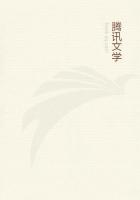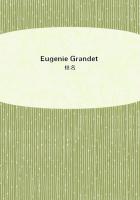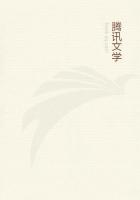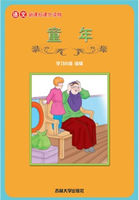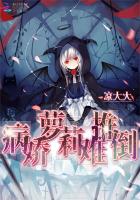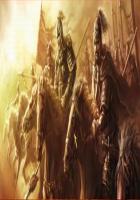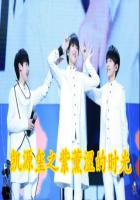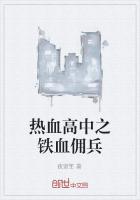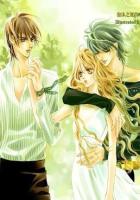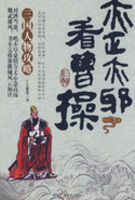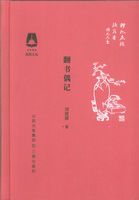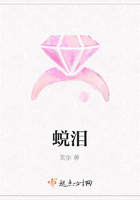He is grieved and troubled when the brain is unseasonably cooled and contracted beyond its wont. This it suffers from phlegm, and from the same affection the patient becomes oblivious. He calls out and screams at night when the brain is suddenly heated. The bilious endure this. But the phlegmatic are not heated, except when much blood goes to the brain, and creates an ebullition. Much blood passes along the aforesaid veins. But when the man happens to see a frightful dream and is in fear as if awake, then his face is in a greater glow, and the eyes are red when the patient is in fear. And the understanding meditates doing some mischief, and thus it is affected in sleep. But if, when awakened, he returns to himself, and the blood is again distributed along the veins, it ceases.
In these ways I am of the opinion that the brain exercises the greatest power in the man. This is the interpreter to us of those things which emanate from the air, when the brain happens to be in a sound state. But the air supplies sense to it. And the eyes, the ears, the tongue and the feet, administer such things as the brain cogitates. For in as much as it is supplied with air, does it impart sense to the body. It is the brain which is the messenger to the understanding. For when the man draws the breath into himself, it passes first to the brain, and thus the air is distributed to the rest of the body, leaving in the brain its acme, and whatever has sense and understanding. For if it passed first to the body and last to the brain, then having left in the flesh and veins the judgment, when it reached the brain it would be hot, and not at all pure, but mixed with the humidity from flesh and blood, so as to be no longer pure.
Wherefore, I say, that it is the brain which interprets the understanding. But the diaphragm has obtained its name (frenes) from accident and usage, and not from reality or nature, for I know no power which it possesses, either as to sense or understanding, except that when the man is affected with unexpected joy or sorrow, it throbs and produces palpitations, owing to its thinness, and as having no belly to receive anything good or bad that may present themselves to it, but it is thrown into commotion by both these, from its natural weakness. It then perceives beforehand none of those things which occur in the body, but has received its name vaguely and without any proper reason, like the parts about the heart, which are called auricles, but which contribute nothing towards hearing. Some say that we think with the heart, and that this is the part which is grieved, and experiences care. But it is not so; only it contracts like the diaphragm, and still more so for the same causes. For veins from all parts of the body run to it, and it has valves, so as to as to perceive if any pain or pleasurable emotion befall the man. For when grieved the body necessarily shudders, and is contracted, and from excessive joy it is affected in like manner. Wherefore the heart and the diaphragm are particularly sensitive, they have nothing to do, however, with the operations of the understanding, but of all but of all these the brain is the cause. Since, then, the brain, as being the primary seat of sense and of the spirits, perceives whatever occurs in the body, if any change more powerful than usual take place in the air, owing to the seasons, the brain becomes changed by the state of the air. For, on this account, the brain first perceives, because, I say, all the most acute, most powerful, and most deadly diseases, and those which are most difficult to be understood by the inexperienced, fall upon the brain.
And the disease called the Sacred arises from causes as the others, namely, those things which enter and quit the body, such as cold, the sun, and the winds, which are ever changing and are never at rest. And these things are divine, so that there is no necessity for making a distinction, and holding this disease to be more divine than the others, but all are divine, and all human. And each has its own peculiar nature and power, and none is of an ambiguous nature, or irremediable. And the most of them are curable by the same means as those by which any other thing is food to one, and injurious to another. Thus, then, the physician should understand and distinguish the season of each, so that at one time he may attend to the nourishment and increase, and at another to abstraction and diminution. And in this disease as in all others, he must strive not to feed the disease, but endeavor to wear it out by administering whatever is most opposed to each disease, and not that which favors and is allied to it. For by that which is allied to it, it gains vigor and increase, but it wears out and disappears under the use of that which is opposed to it. But whoever is acquainted with such a change in men, and can render a man humid and dry, hot and cold by regimen, could also cure this disease, if he recognizes the proper season for administering his remedies, without minding purifications, spells, and all other illiberal practices of a like kind.
THE END
.


